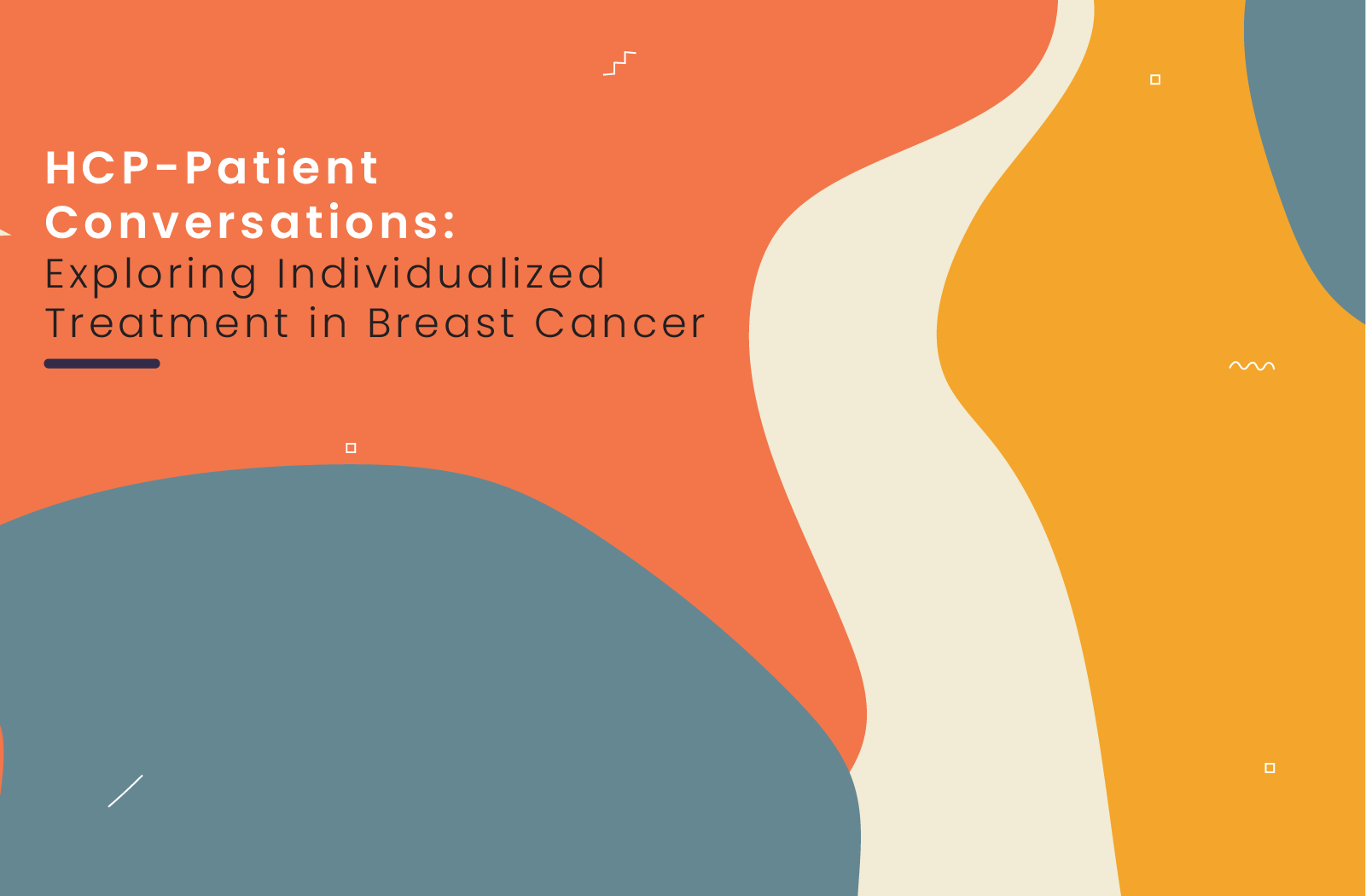Oncology treatment decisions are complex. Managing the patient journey requires careful consideration of a wide range of variables.
Oncologists commonly refer to NCCN guidelines and other treatment algorithms to ensure they are providing the gold standard treatment for their patients. However, deviations from these guidelines are common, as guidelines cannot capture the nuances of every situation. Further, the clinical trials upon which guidelines are based cannot possibly capture the diversity of patient circumstances and experiences.
Unfortunately, there is limited visibility into how oncologists consider all available information during the treatment decision-making process. Driven by the unique circumstances faced by each patient, oncologists frequently develop individualized treatment plans in order to ensure patients are receiving care tailored to their particular situation.
ZoomRx is partnering with oncologists to gather clinical conversations between providers and their breast cancer patients. These conversations open a clear window to better understand how patient preferences and individual circumstances influence treatment decisions. Here we look at two recurring themes present in our library of HCP-Patient conversations around breast cancer treatment:
- The impact of pain management on treatment decisions
- The role of cancer-related bone complications in treatment plan formation
The impact of pain management on treatment decisions
Pain plays a multifaceted role with respect to treatment decision-making. It is both an important diagnostic tool and a side effect that requires management. In the conversations below, oncologists speak with their patients about the importance of communicating their pain and how it can inform treatment decisions.

The role of cancer-related bone complications in treatment plan formation
Bone density plays an important role in the formation of treatment plans and has a significant impact on a patient's quality of life. In the below conversations, oncologists express the importance of including products to prevent skeletal-related events as part of a comprehensive treatment plan.


ZoomRx is continuing to research conversations related to the treatment of solid tumors including breast cancer, prostate cancer, and ovarian cancer. By leveraging a greater understanding of the dynamics that inform individualized treatment plans, pharmaceutical manufacturers can provide better, more comprehensive support to oncologists.
Interested in hearing actual treatment decisions being made?
Leave your info below to receive access to additional conversation samples and a walkthrough of the HCP-Patient research demo portal.
Hear more conversations.



